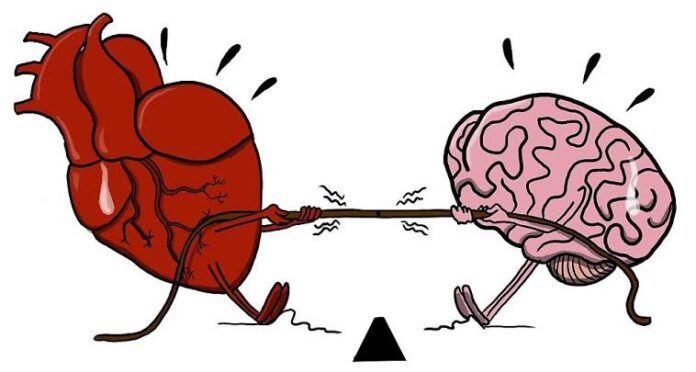In the landscape of human decision-making, the dynamic between reason and passion has long intrigued philosophers. David Hume, the 18th-century empiricist, famously argued that passion is the true driver of human actions and that reason, while important, is ultimately the servant of our desires. This idea resonates in many areas of life, from corporate boardrooms to public policy, where decisions that seem purely rational often have emotional roots.
Immanuel Kant, on the other hand, proposed that while we may be naturally driven by passion, we should aspire to let reason guide our moral choices. Rather than contradicting Hume, Kant offers an ideal: that human beings can rise above their emotional impulses and act out of a sense of rational duty.
In practice, however, my reflections show that it’s rare for human decisions to be entirely free of passion. Even in fields that prioritize logic—like science, governance, or mathematics—emotional motivations like curiosity, fear of failure, or the desire for recognition often play a subtle role. While we can aim to be as rational as possible, the reality is that our humanity—our passions and desires—will always be part of the equation. And perhaps, that’s what makes our decision-making uniquely human.
Takeaways
Some of the practical takeaways from this can be how we navigate under-motivation or lack of motivation. If we clearly understand the pivotal role our passions—emotions, instincts, and desires—play in getting us to act, we can be in a better position to act towards our goals. And when we are motivated enough to act towards our goals, then we are well on our way towards progress and ultimately, success.










Social Profiles